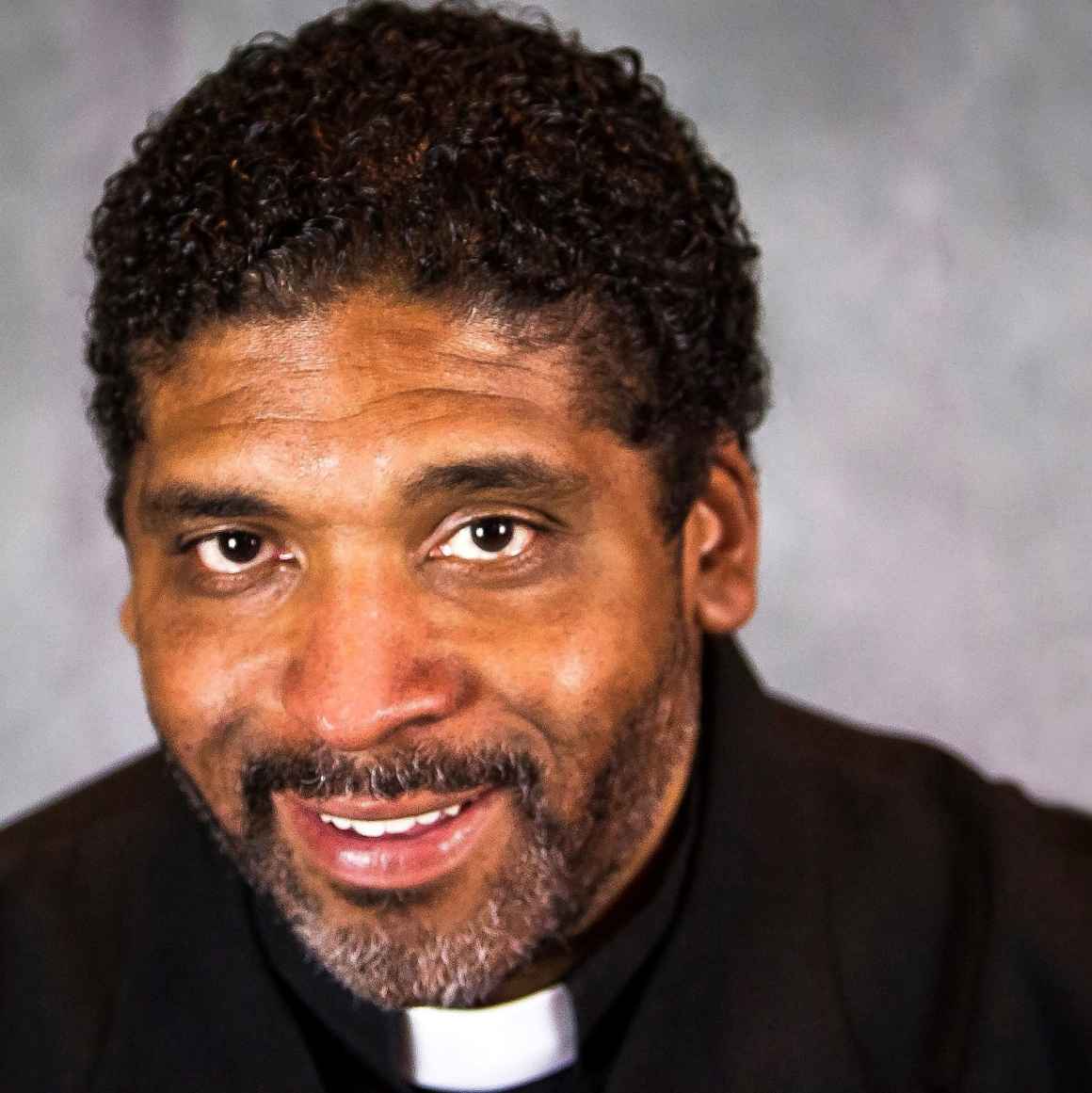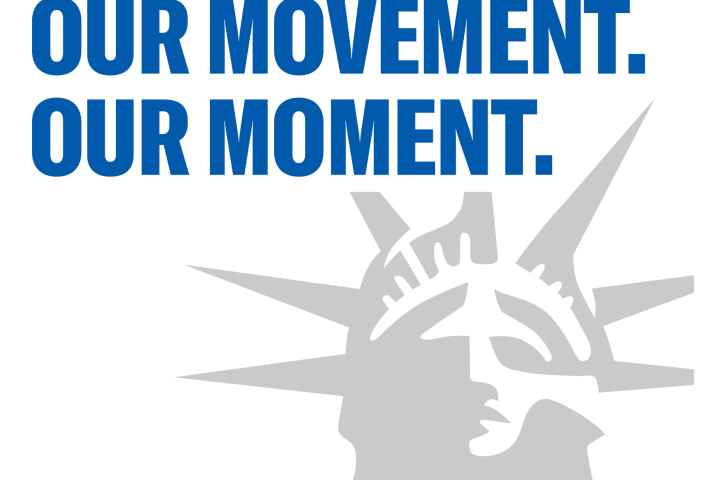Updated Monday, Aug. 19, 2019
On Thursday, Aug. 15, the Chaldean Community Foundation, Congressman Andy Levin, and Congresswoman Brenda L. Lawrence hosted a vigil for Jimmy Aldaoud, the 41-year-old Detroit man and ACLU client who was deported to Iraq.
The following is a statement ACLU of Michigan Senior Staff Attorney Miriam Aukerman read to the community and loved ones of Jimmy Aldaoud at his vigil:
We come together tonight to remember Jimmy. And to grieve. We grieve for a man who loved and was loved by his family. We grieve for a man with a big heart who wanted to help others.
We spoke to Jimmy after he’d been deported, not long before his death, and he said he wanted to do everything he could to help others. He wanted us to share his story so that no one else would suffer as he has. He thought of others who are at risk – many of you who are here tonight – even while he was struggling on the streets of Baghdad. That was the kind of man he was. A man with big heart and big smile.
Our grief is so much sharper, his family’s loss so much more painful because we know that Jimmy’s death was utterly senseless. Jimmy did not need to die. Jimmy should not have died. He died ONLY because ICE condemned him to die when ICE decided to deport him to Iraq, a country where he had never been. ICE condemned him to die because he wasn’t born in America.
Your place of birth should not determine whether you live or die. The loss of Jimmy is all the more painful because it was entirely preventable. He would be alive today if he had not been deported. And we all knew, anyone who knew Jimmy knew, that he would not survive in Iraq.
So we, the ACLU and the Hamama legal team, grieve with Jimmy’s family today. Nothing we can do now that will restore Jimmy to his family. But we will do everything we can to prevent other families from grieving in the way that Jimmy’s family grieves tonight. We will keep fighting.
And Jimmy, with his big heart, his willingness to share his story, and his tragic struggle to survive, has helped us in that fight, because he has opened the eyes of the world to what is at stake – life or death. He has shown the world how cruel and wrong these deportations are.
Date
Monday, August 19, 2019 - 10:15amFeatured image



